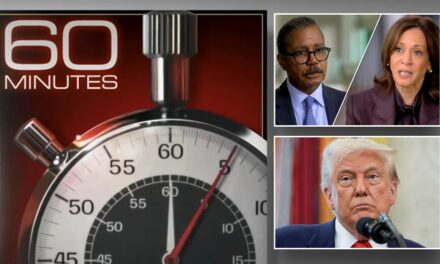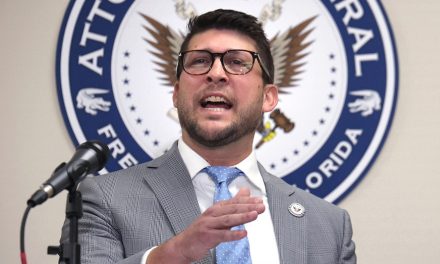In the midst of rising political tensions and incessant debates over economic policies, Vice President Kamala Harris is endeavoring to champion what she has termed as a “dream economy.” While this ambitious economic vision aims to uplift various sectors and create a more equitable future, it seems that the overarching strategy is not quite resonating with the American electorate.
Harris has actively participated in numerous public engagements, underscoring the administration’s achievements in steering the economy towards growth, technological advancements, and inclusive prosperity. According to Politico’s report, however, her efforts may not be reaching the intended audience effectively. Despite the VP’s proactive approach, there is a disconnect between the messaging and the perception among voters.
One of the pivotal components of Harris’s economic narrative is the focus on job creation, which she highlights as a driving force of the administration’s policy success. The numbers do indicate improvement in employment rates and burgeoning opportunities in several technical fields. Yet, despite these figures, the achievements have not been as visibly celebrated in public sentiment.
Several experts suggest that part of this perception gap may stem from the noisier political landscape overshadowing these achievements. With media cycles dominated by divisive political issues and other pressing domestic concerns, Harris’s message is struggling to break through and capture the attention of ordinary Americans, who may be more preoccupied with immediate challenges like inflation and healthcare costs.
The administration acknowledges the need for better communication strategies to bridge this gap. There is recognition that while metrics and policy details are celebrated on paper, the average voter may require more tangible or emotionally resonant demonstrations of how these achievements impact day-to-day life.
Compounding the issue is the fact that economic messages are often complex and can be easily overshadowed by more sensational political narratives. Bridging this gap requires a multi-faceted approach. Ensuring that the administration’s successes become visible and relatable experiences for American families is crucial in making the “dream economy” a felt reality.
As Vice President Harris continues to advocate for this economic vision, the administration is tasked with finding innovative ways to engage voters and ensure that their efforts translate into palpable improvements across the country. This challenge presents an opportunity for Harris to recalibrate her messaging and the approach taken to reach a broader audience, annotating not only policy success but its direct benefits to the public welfare.
Ultimately, navigating this complex communication landscape plays a critical role in securing the administration’s economic legacy and ensuring that Harris’s vision of the “dream economy” is not simply an unrecognized potential but a celebrated achievement among the wider American populace.
































